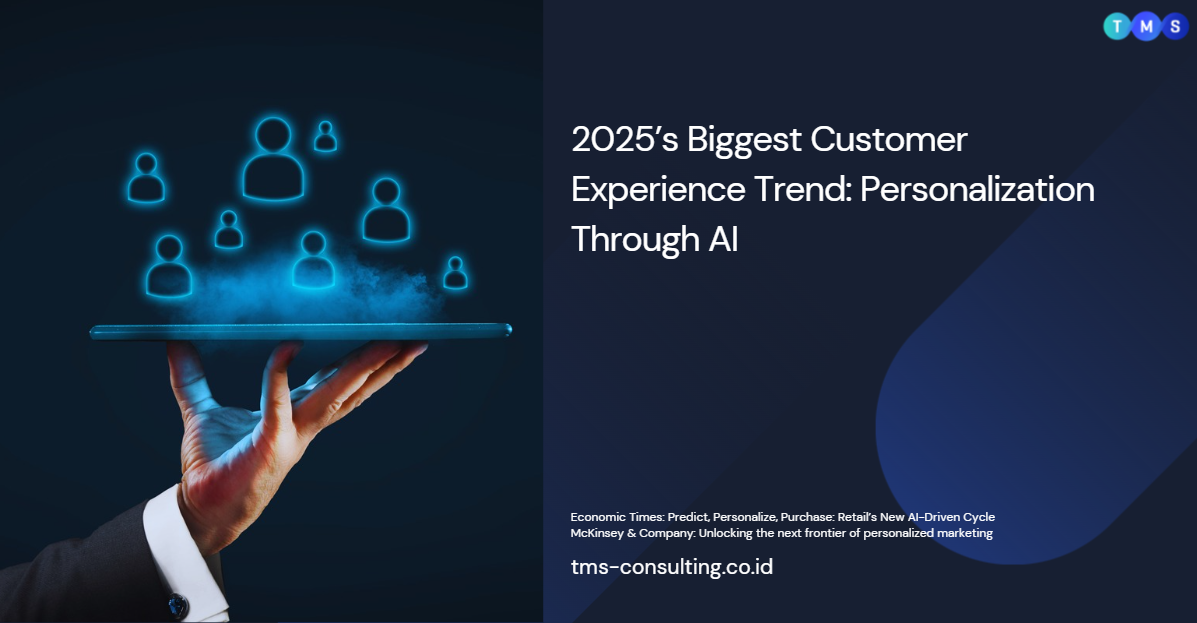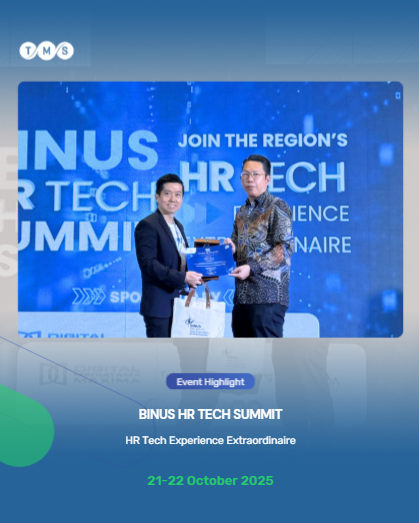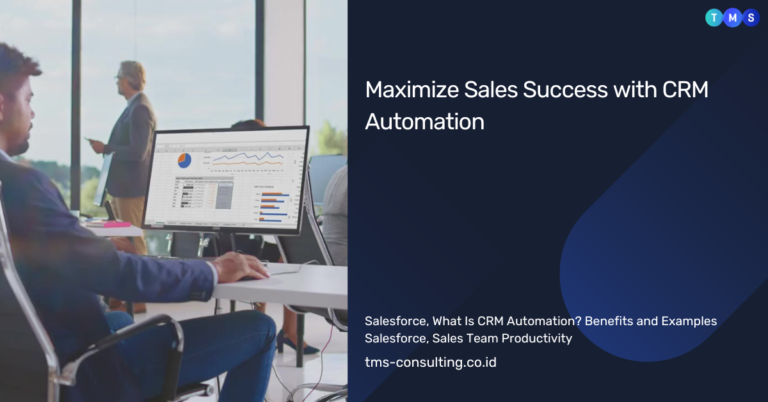In today’s fast-evolving digital marketplace, a one-size-fits-all customer journey simply doesn’t cut it. A recent Business Insider report highlights on how consumers now expect tailored interactions—not just recommendations based on earlier purchases, but predictive, empathetic, and context-aware engagement.—reducing human support requests by 15%. This development underscores how AI-powered personalization is reshaping customer experience in 2025.
Indonesia’s Customer Experience Landscape
Indonesia, as Southeast Asia’s largest digital economy, is well positioned for AI-driven CX innovation. Yet, businesses still struggle with fragmented customer data, generic campaigns, and limited predictive analytics adoption. Combined with heavy reliance on manual service processes, this gap between expectation and delivery creates both a challenge and an opportunity.
Why AI-Powered Personalization Matters in 2025
- Predictive engagement: AI anticipates customer needs through behavior and context analysis.
- Hyper-personalized experiences: Tailored recommendations and offers increase engagement and loyalty.
- Real-time responsiveness: Campaigns and customer interactions can be adjusted instantly.
- Agentic AI: Autonomous systems proactively resolve issues, cutting workloads and improving response speed.
Global Use Case, Local Lessons
- Airbnb: Business Insider reports the company’s transition into an “AI-first app,” with agents designed to book trips and anticipate user needs, cutting support reliance by 15%.
- Saks Global: According to Vogue Business, Saks introduced personalized homepages powered by AI, leading to a 7% increase in revenue per visitor and nearly 10% higher conversion rates.
- Retail Sector: The Economic Times notes that retailers are using AI for virtual try-ons, predictive forecasting, and dynamic personalization, marking a cycle of “predict, personalize, and purchase” as the new retail norm.
- McKinsey: A report from McKinsey & Company highlights that personalization leaders see double the revenue growth compared to competitors, with AI driving scalable, tailored customer engagement.
For Indonesian companies—whether Tokopedia in e-commerce, Bank Mandiri in finance, or Gojek in mobility—these cases highlight actionable strategies to strengthen loyalty and competitiveness.
What Can Indonesian Businesses Do Now?
Partner with transformation experts: Consulting firms such as TMS Consulting can guide adoption and implementation.
Unify customer data systems: Break down silos and centralize data for real-time personalization.
Adopt AI-powered CX tools: Platforms like Salesforce Einstein or Adobe Sensei enable predictive engagement at scale.
Embrace agentic AI: Automate routine queries while reserving humans for complex cases.
Leverage hybrid support models: As the Economic Times reports, many companies are shifting to combined AI-and-human approaches to improve efficiency and trust.
Prioritize transparency and ethics: Explainable AI practices are critical for consumer confidence.
Conclusion
Personalization through AI and data isn’t just the biggest CX trend of 2025—it’s the key to business resilience and growth. For Indonesia, where digital adoption is booming, companies that lead in predictive, hyper-personalized engagement will set the benchmark for customer loyalty and competitiveness.
Ready to transform your customer experience?
Partner with TMS Consulting to design and implement AI-driven CX strategies tailored to your business needs.
Let’s turn your customer data into personalized growth—and your service into a true competitive edge.
References :
Economic Times: Predict, Personalize, Purchase: Retail’s New AI-Driven Cycle
McKinsey & Company: Unlocking the next frontier of personalized marketing






